Nur-Sultan, MINA – While many industrial economies around the world faced an average of 7 per cent decline in 2020 due to the pandemic, Kazakhstan was able to limit the economic drop to 2.6 per cent only, as reported by Astana Times.
According to the report, which was published marking two years since the inauguration of President Tokayev, the country is expecting a decent GDP growth of at least 3.2 per cent in 2021, thanks to the measures implemented by the government.
Since he took the office of Presidency in 2019, Kassym-Jomart Tokayev made it clear that political reforms are vital to economic growth, and his government’s reforms focused on increasing accountability and transparency, with the help of the National Council of Public Trust.
Even when Kazakhstan had the priority of fighting the COVID-19 pandemic and save lives, the government was able to work a balance between public health and saving the economy.
Also Read: Pakistan Condemns Israeli Settler Attacks in West Bank, Al-Aqsa Storming
To enhance the private sector in Kazakhstan, the government founded the Agency for Protection of Competition, while micro and small businesses were exempted from paying taxes.
“The Financial Monitoring Agency has been established to fight against the shadow economy, with the aim of reducing its level to 15 per cent by 2025,” it said.
Last year, President Tokayev prioritised reforms in the investment system to attract more investments to the country and announced a special Task Force to provide end-to-end support to investors.
According to the report, Kazakhstan managed to keep the economy relatively resilient and resistant to external threats, while being able to introduce and implement an extensive list of political reforms, describing it as “arguably the flagship of Tokayev’s second year as president.”
Also Read: China Criticizes US-Drafted UN Gaza Resolution as Vague, Abstains from Vote
Tokayev’s government introduced a new law to make organising rallies easier. It also implemented a 30 per cent quota for women and youth representatives on electoral party lists.
In terms of parliamentary participation, Kazakhstan reduced the required number of members to establish a political party by half and lowered the threshold for parties to gain seats in the parliament from 7 per cent to 5 per cent.
On June 9, President Tokayev signed a decree in the field of human rights, which aims at improving the mechanisms of interaction with UN treaty bodies and special procedures of the UN Human Rights Council.
The decree also emphasises on ensuring the rights of victims of human trafficking, and citizens with disabilities. It also guarantees the right to freedom, association and expression in Kazakhstan.
Also Read: Former Bangladesh PM Sheikh Hasina Sentenced to Death
According to the Decree, the Office of the President of Kazakhstan will be responsible for overseeing the implementation of the Action Plan. The government will submit to the presidential administration a report on the work carried out to implement the Plan on an annual basis.
“The President instructed the government to take comprehensive measures to protect citizens, especially children, from cyberbullying, combat human trafficking and torture.” it said.
According to Astana Times, Kazakhstan took many measures in handling the COVID-19 pandemic. President Tokayev declared a state of emergency to fight the spread of COVID-19 with strict quarantine measures.
During the emergency, the government provided financial aid and household products to more than 4.5 million people, and offered tax exemptions to more than 700,000 companies and entrepreneurs, the report said.
Also Read: Pakistan Declares State of War After Car Bomb Incident
To prevent another rise in COVID-19 infections, the Kazakh government worked on large-scale vaccination of the population throughout the country.
The vaccination includes many COVID vaccines like the Russian vaccine “Sputnik V” and Kazakhstan’s own national vaccine “QazVac”.(R/R1/RE1)
Mi’raj News Agency (MINA)
Also Read: Jakarta Hosts Gala Dinner for World Peace Forum Delegates





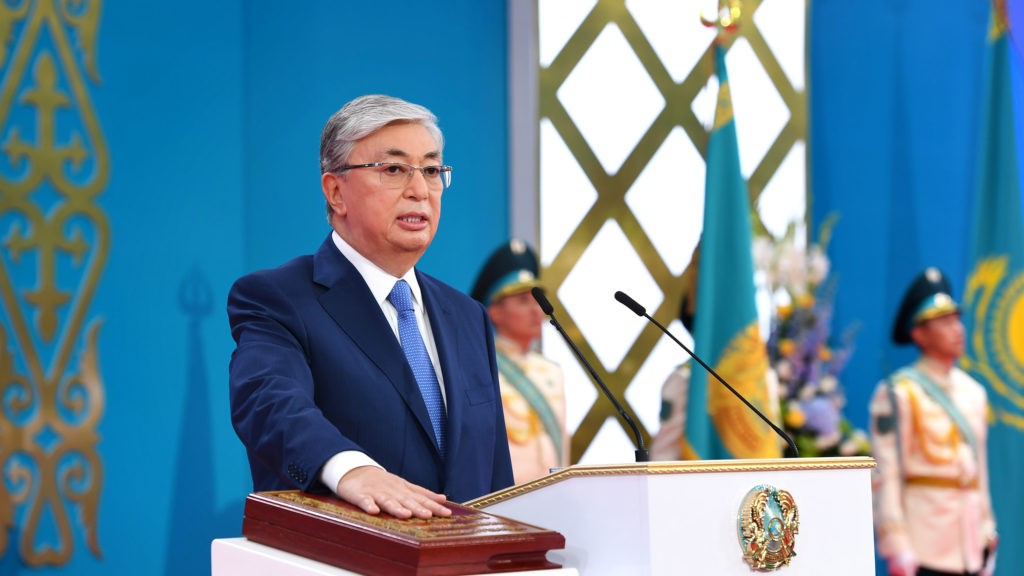




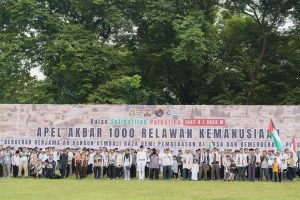
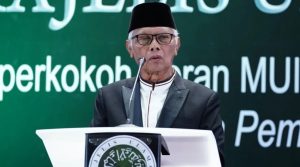



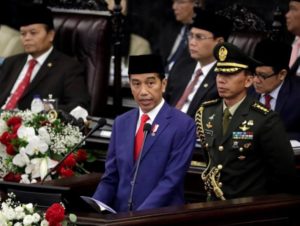

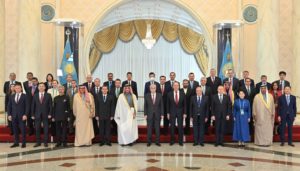
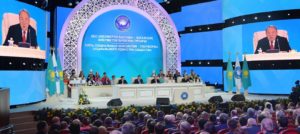

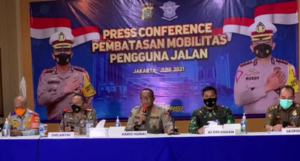













 Mina Indonesia
Mina Indonesia Mina Arabic
Mina Arabic